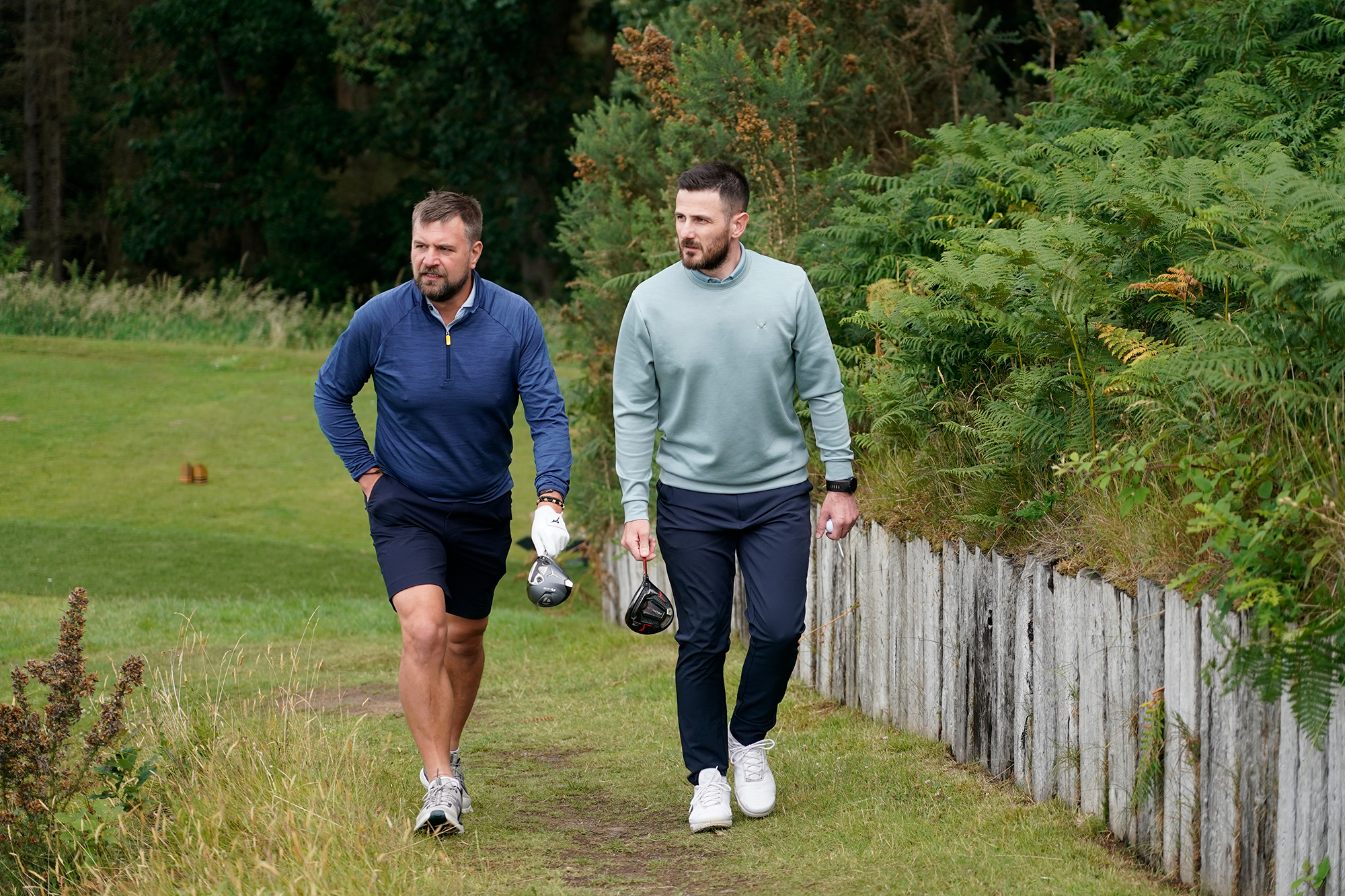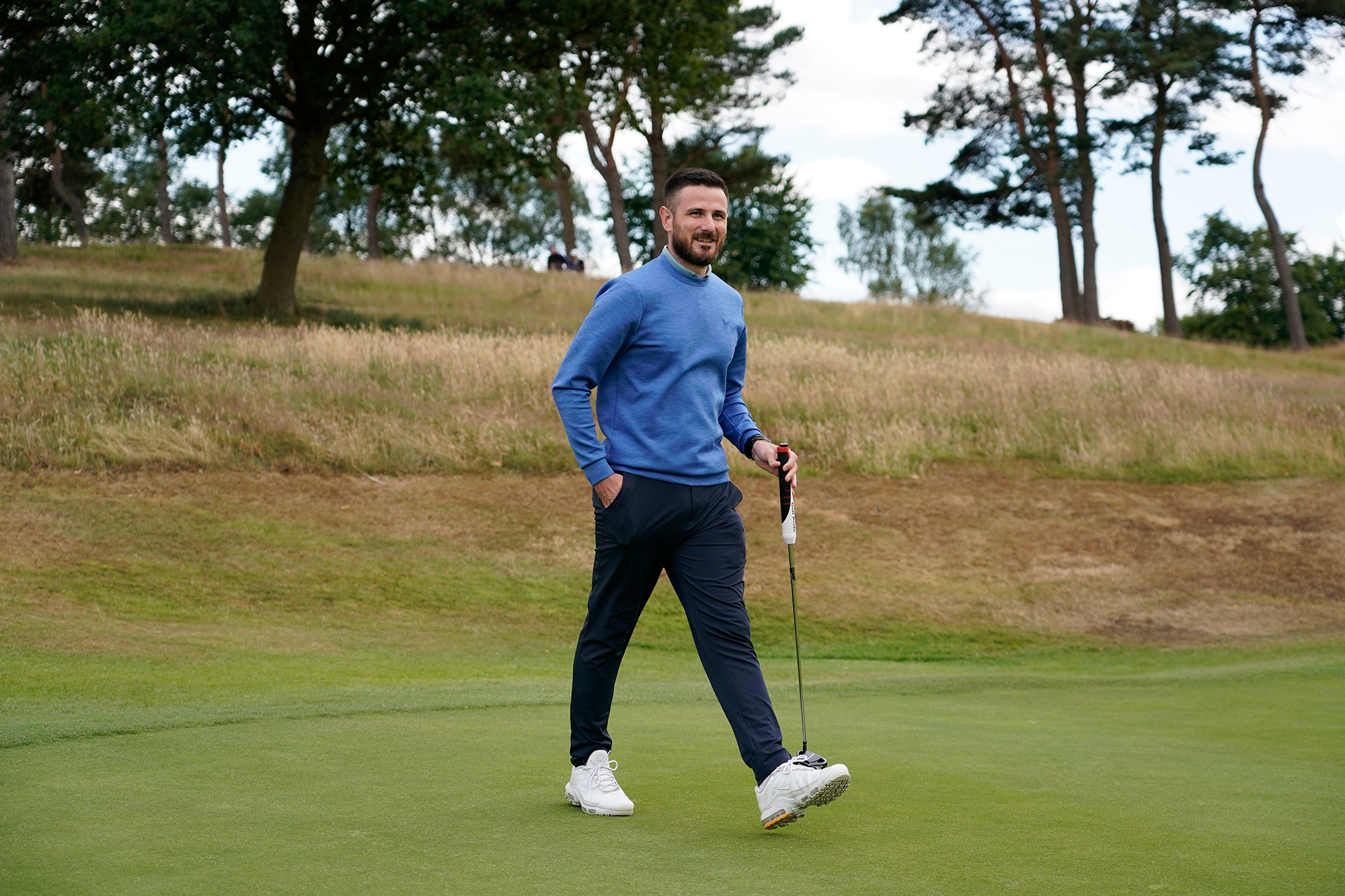
Whether you are a golfer who wants to get fit, perhaps by using the 10 best golf exercises, or someone who uses a casual knock to build social connections... the game is undoubtedly good for us.
I choose to play golf in order to experience the (rare) thrill of making birdie and the anticipation of an impending handicap cut and the bliss of a long walk in the sunshine, but I also appreciate the various health benefits.
In this article, I compare the physical and psychological benefits of golf in relation to three of the most popular sports worldwide to see where it fits in the general health landscape...
WATCH: Retired professional footballer Gareth Bale discusses his love for golf in our Monthly Meets interview series
How Healthy Is Golf Compared To Other Popular Sports?
When planning my research, I decided to look into the most popular sports globally and found that football, tennis and basketball all ranked highly in terms of participation.
While it's difficult to definitively state the rank of these sports quantitatively, in terms of health, it is possible to discuss each of the known benefits and how the sports compare to each other.
As I outlined above, I believe the benefits of playing golf (and any other sport) can be broken down into physical and psychological factors - so let's start with the former.
Physical Health Benefits
Golf is a sport that offers a moderate intensity of physical activity, with factors such as the course your are playing and whether you carry or push your bag around it.
When playing 18-holes it's very unlikely your heart rate will reach the intensity levels required in sports such as football, basketball, tennis and hockey.
This means you are unlikely to see a similar level of cardiovascular or muscular strength improvements, but you can lose weight playing golf.
Generally, golfers burn between 700 and 1500 calories in a round of golf - which is a great benefit of the game, especially if you are playing multiple times per week.

Participants playing football (500-800), basketball (500-750) or tennis (400-700) all burn more calories per hour than a golfer (200-400), but this is to be expected considering the raised intensity levels as referenced above.
Golf is a low-impact sport, however, which would more effectively protect joints and bones than the other sports listed above.
There is even some evidence that claims golfers live longer (than non-golfers), suggesting playing can increase your life expectancy by up to five years.
While the comparison between golf and the higher-intensity sports outlined suggests that team games and explosive individual sports offer increased benefits to your cardiovascular and muscular endurance, golf provides a great alternative to those who want to stay fit and healthy at a manageable pace.
Psychological Health Benefits

This is where golf really comes into it's own in this particular comparison, as there are so many reasons why golf is good for your mental health.
Getting out on the fairways is thought to reduce anxiety, help to manage stress, boost self-esteem, improve focus and strengthen social connections (among others).
Golf provides natural opportunities to problem solve, develop strategy skills and prompt thoughtful decision making - all of which can also help participants personally and professionally.
While sports like football, basketball and tennis also offer similar psychological benefits, I am not convinced they could top the holistic offer of 18-holes with friends - perhaps due to the intensity of team sports and the fast pace of a game like tennis.







